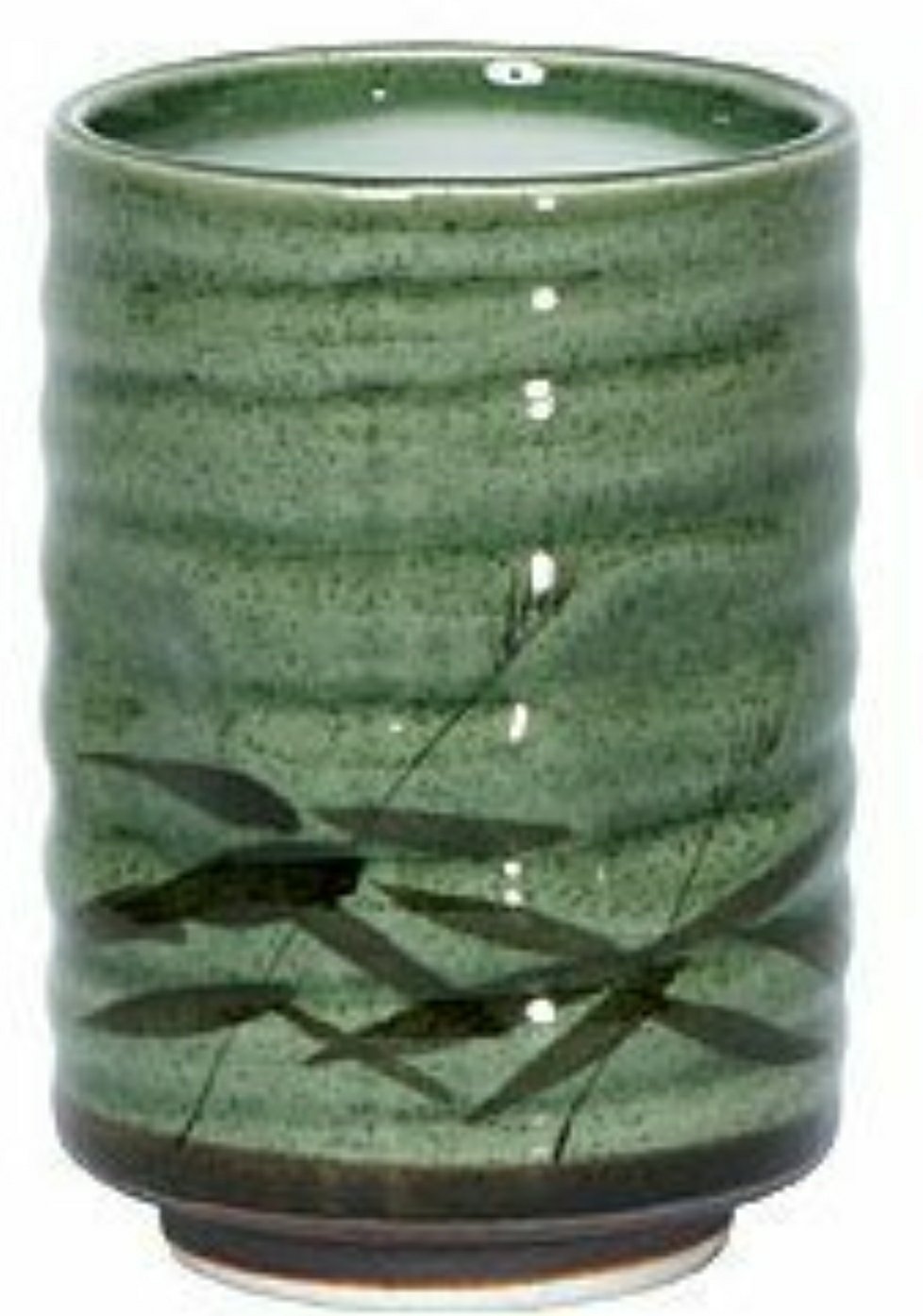Japanese Tea Cup Philosophy
I grew up in a home where the teacups had handles. Somewhere in my late 20s, I started eating at sushi restaurants. I like to nickname my current town, Morristown, as the sushi capital of New Jersey. I’m not sure this is true or holds any validity beyond my mere musing. Either way, there are a lot of sushi restaurants in this town.
Whenever I eat at a sushi restaurant and order green tea, I notice that the tea will be placed in a cup that has no handle. About 6 to 8 years ago, I started to wonder why Japanese tea cups had no handles?
One night, as I’m sitting at a sushi restaurant, I ordered green tea. When the tea was brought over in the ceramic cup that had no handle, my curiosity had gotten the best of me. I needed an answer.
(As an aside, it is important to note that I spend my life and passion work trying to understand people’s differences. I try to be respectful, and as best as I can, accepting of the differences. I am sensitive to these topics and inclusive, not just tolerant, of the cultural differences that exist.)
Therefore, it should come as no surprise that when the teacup was placed on the table, I looked up at the guy and simply asked, “What’s wrong with your tea cups?” And as the words left my mouth, I was amazed by the depth of my ignorance. How could I ask a question in such a manner? I should know better and do better than that. Simply put, I was embarrassed.
Two important lessons happened in the moments that followed. First, I came to the realization that it doesn’t matter what work one has done in understanding and accepting differences, more work is always necessary. I am ignorant. If I cannot admit and acknowledge my ignorance, then I can never fully learn.
But it’s the second lesson, the more important one, to me, to which I would like to draw your attention: the man’s response.
How do we respond when someone asks us a question based out of ignorance? What is the appropriate reaction when we’ve been maligned, categorized, or misunderstood because of a foundation of ignorance perpetrated by the sender?
I think that most people, (myself, at times, included), handle the situation poorly. We become defensive; we lash out; we label. We may tolerate each other, but never fully accept one another. One need not look any further than the current state of our country, and even broader, our world to note this deficiency.
In the manner of ignorance in which I asked my question to the server, he had every right to jump down my throat, challenge me to a cultural, verbal spar, berate me, and label me a cup-ist. He did none of that. Instead, he gave me the greatest gift for which I could ask. He educated me. He did three things that I try to take with me in similar situations.
First, he smiled, easing any anticipation of tension. Then, he laughed, joining in with me by acknowledging my ignorance, but in a non-defensive, non attacking manner. But it’s this final piece that was the icing. He dropped knowledge, educating my ignorance. He simply stated, “If it’s too hot to hold, it is too hot to drink.”

Wow! That’s right! You do not need handles on tea cups to drink hot tea. You need to figure out if you can drink the hot tea. The best way to tell if you can drink hot tea, without burning your mouth, is by asking yourself, “what do your hands say?”
I try to approach people with this philosophical stance. I am less concerned about their handles than I am the essence inside their cup. We seem to be consumed by the ideas of our handles. Some of us believe that the color of our skin, our political views, our gender, our sexual orientation, our money, our clothes, our music, our religious views, our country — are who we are. They are not. They are our handles, descriptors of our lives but not the essence inside our cups.
The essence inside our cups are the questions and stories that connect you to me, us to them, friend to enemy, progessive to conservative, country to country, life to life. I want to know about a person’s birth story. How did you enter this world? What were you told? What did you tell yourself about your own existence?
I want to know about a memory between the ages of 6 and 10 that can still make you feel sad. How does that affect you now? I want to know that story when you realized that you were stronger than your pain.
This is the essence inside the cup, my friends. This is what makes us, us. This. Is. Us.